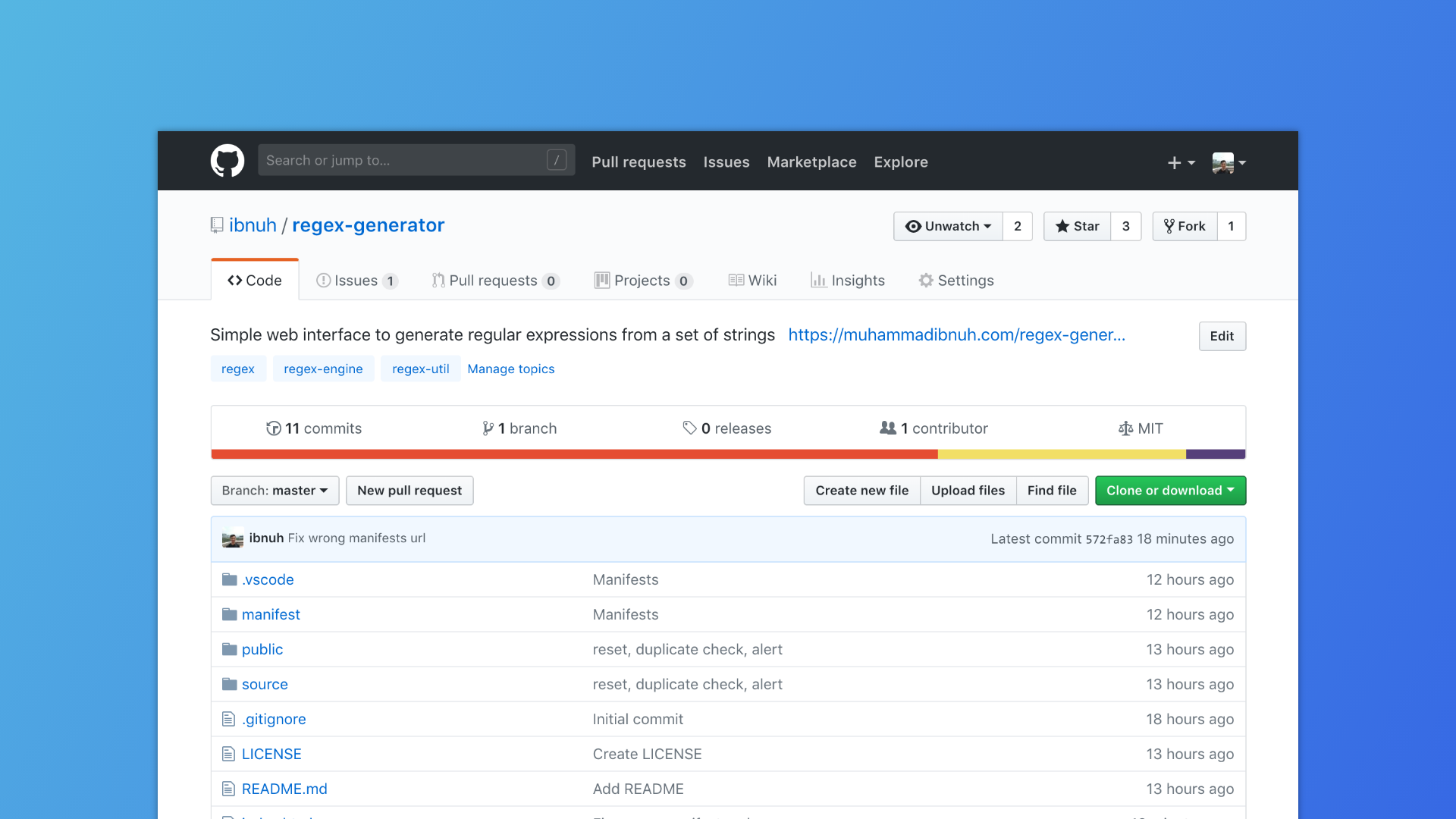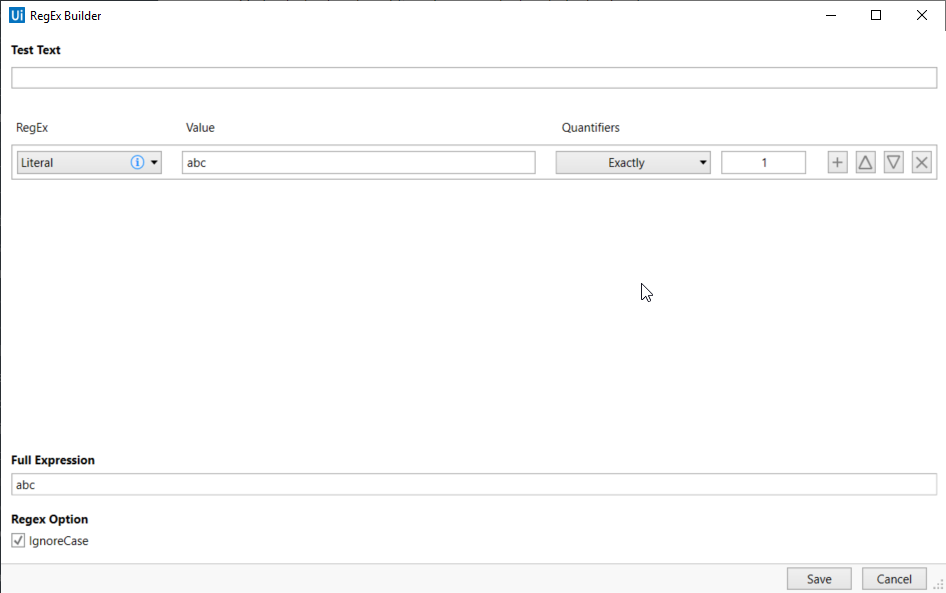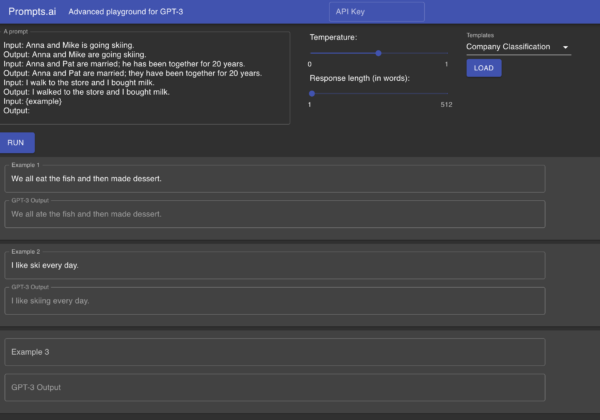
Perl: Unmatched ( in regex marked by <- HERE in m/(?)\w( <- HERE \w*/ at /var/line 39. PHP: preg_replace(): Compilation failed: missing ) at offset 6 JavaScript: It is a truth univ ersally acknowledged, that a single man in possession of a good fortune, must be in want of a wife. Perl: It is a truth univ ersally acknowledged, that a single man in possession of a good fortune, must be in want of a wife. PHP: It is a truth univ ersally acknowledged, that a single man in pos session of a good fortune, must be in want of a wife.

JavaScript: Synta圎rror: invalid regexp group Perl: To be, or not to be, that is the question: PHP: To be, or not to be, that is the question: Additionally, RegEx Tester is a useful tool to test the RegEx you have created. Learn more about regular expressions in javascript. Regular expressions are patterns applied to strings to match character. Each example includes the type of text to match, one or more regular expressions that match that text, and notes that explain the use of the special characters and formatting. Start by entering a regular expression and then a test string. The following examples illustrate the use and construction of simple regular expressions. Enter the string that you want to use a regular expression on: 1 Select the elements that you want to extract to run regular expression generator: 2. Inspired by Rubular it gives you a simple way to test javascript regular expressions as you write them. JavaScript: T h at’s on e sm all st ep for m an, on e gi ant l e ap for m ankin d. Scriptular is a javascript regular expression editor. Perl: T h at’s on e sm all st ep for m an, on e gi ant l e ap for m ankin d. PHP: preg_replace(): Unknown modifier 'g' JavaScript: All work and no play makes Jack a dull boy. Perl: All work and no play makes Jack a dull boy. PHP: All work and no play makes Jack a dull boy. You'd likely be better off writing it yourself.Examples of successful matches and error messages as displayed by the form //
REGEX CREATOR PLUS
Plus it'll take ages to run and probably be bloated six ways from Sunday with useless detritus. Of course, you could always go the million-monkeys route and attempt to evolve an appropriate regex somehow, but you're still going to have the problem of requiring a huge sample input of text + expected output in order to get a viable expression.

In practical terms, this means that you need the regular expression you want, in order to compute it efficiently. a string plus a list of substrings is not sufficient (just look at all the options a tool like RegexMagic needs to compute regular expressions in a limited environment!).

And to do that, you need to describe the desired expression using language as expressive as the regex language you're working in. The issue you're facing is that in order to build a regex, you need to rigorously define it.

REGEX CREATOR GENERATOR
Or plenty of other trivially correct but wholly useless results. I need a code generator that transforms a regular expression in any notation into C or C++ code, that allows recognition and extraction of data from the. Or it could return, for input strings, the regex '(desired)+|(input)+|(strings)+' The problem is that an arbitrary text, together with an arbitrary set of substrings of that text, do not rigorously define a single regular expression.Īs a couple people have mentioned, a function could simply return. I'm pretty sure the answer to this question in the general case (without being pedantic) is no. RegexMagic generates complete regular expressions to your specifications. Why use this Regex creator Unlike most Regex builders you’ll find online, ours gives you an unlimited number of modifiers and string entries. Usually these patterns are used by string-searching algorithms for find or find and replace operations on strings, or for input validation. I'd like the function to look at the surrounding of the samples, not at the samples themselves.Īnd the samples I'd like it to extract: A regular expression (regex, regexp or rational expression) is a sequence of characters that specifies a search pattern. I'd like a function that would build a regex like the following: '(.*?)'Īnd then extract all the information from the html that match the regex. Is there any lib out there that can take a text (like a html document) and a list of strings (like the name of some products) and then find a pattern in the list of strings and generate a regular expression that would extract all the strings in the text (html document) that match the pattern it found?Īnd the following list of strings:


 0 kommentar(er)
0 kommentar(er)
